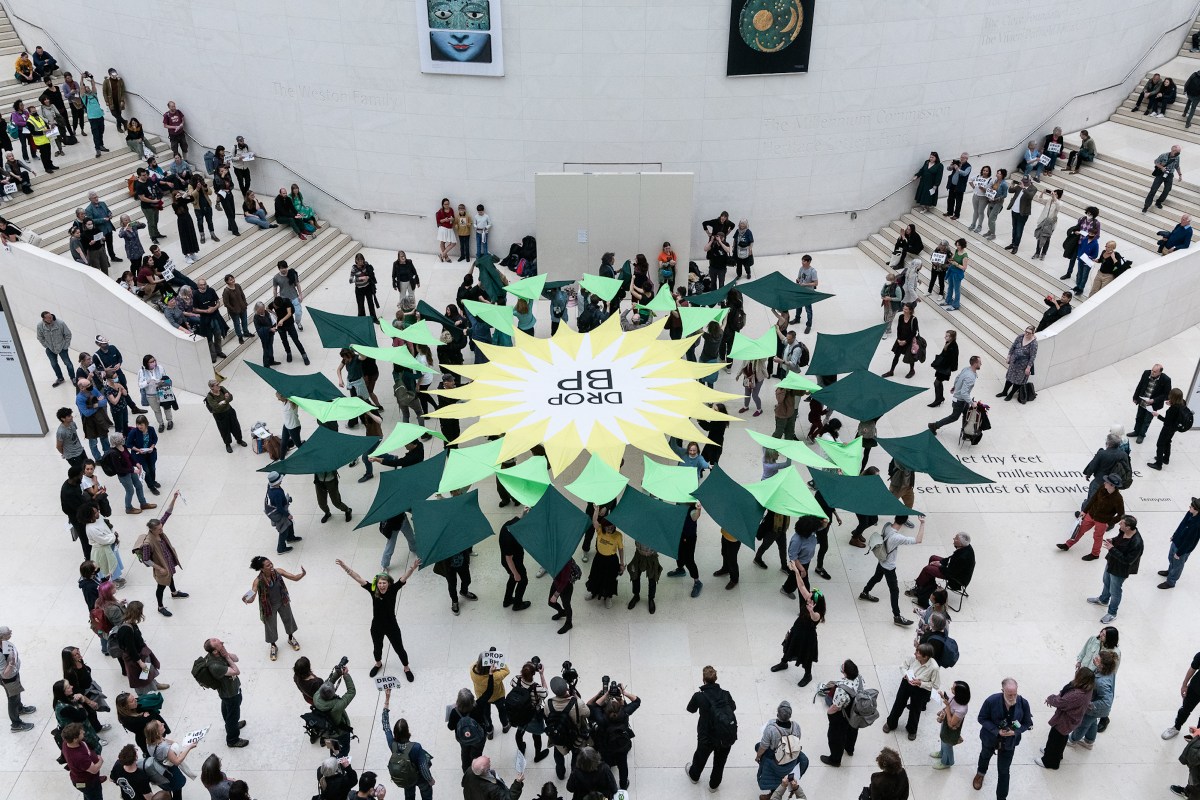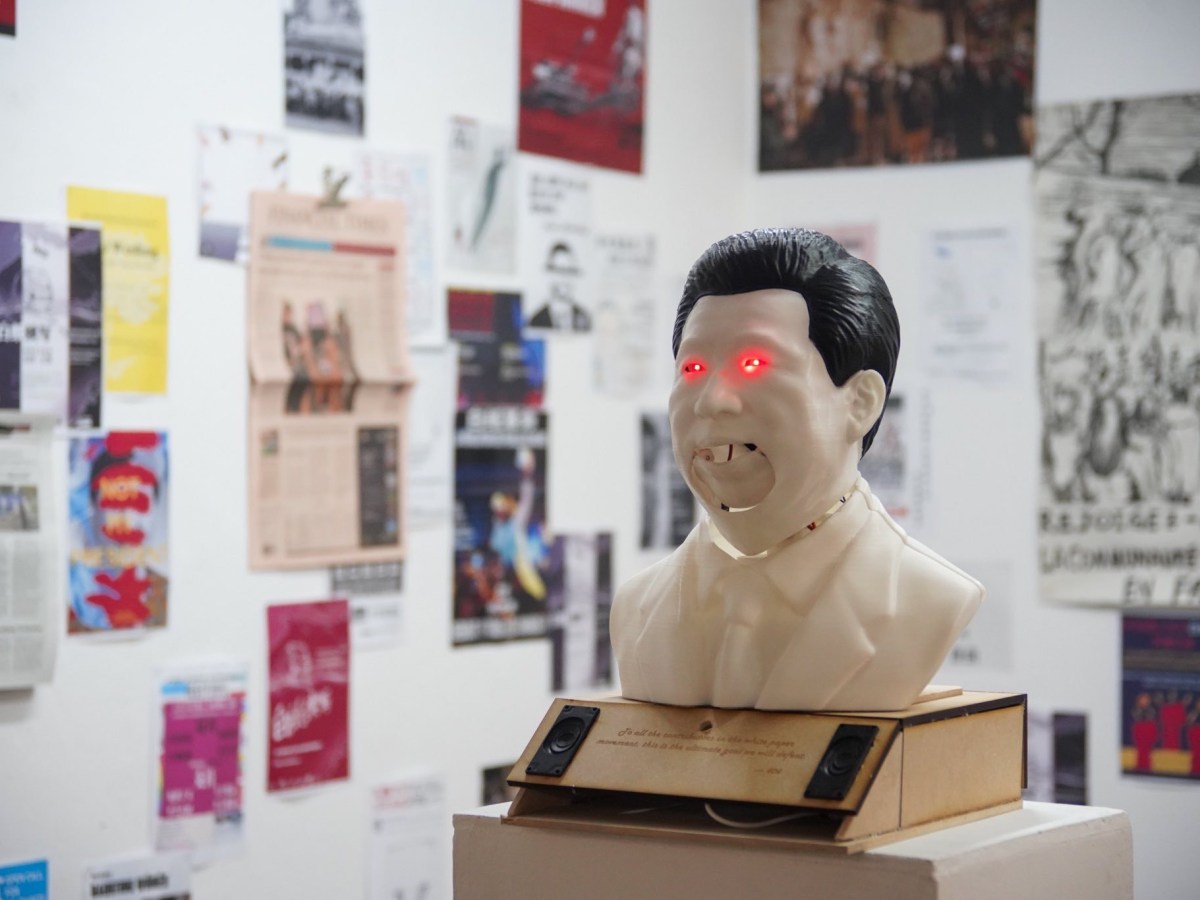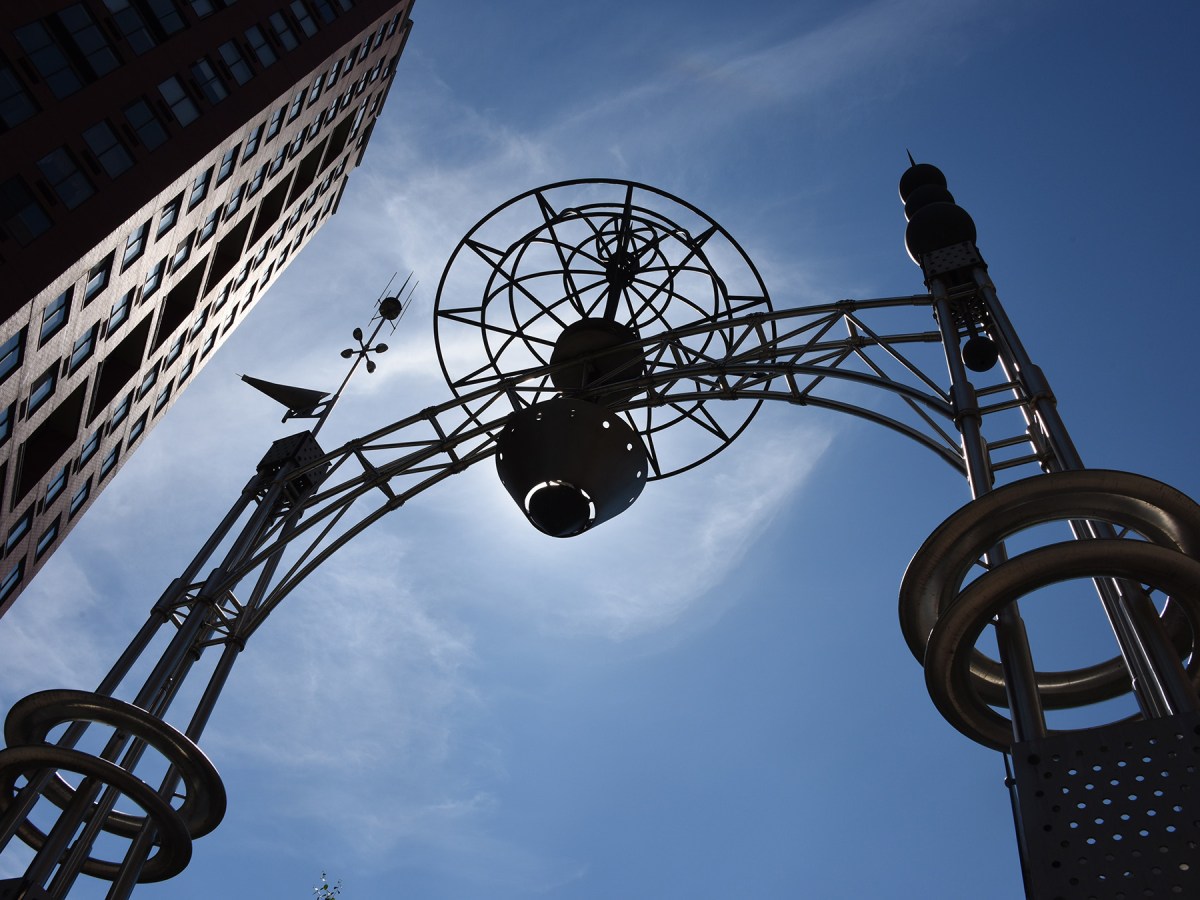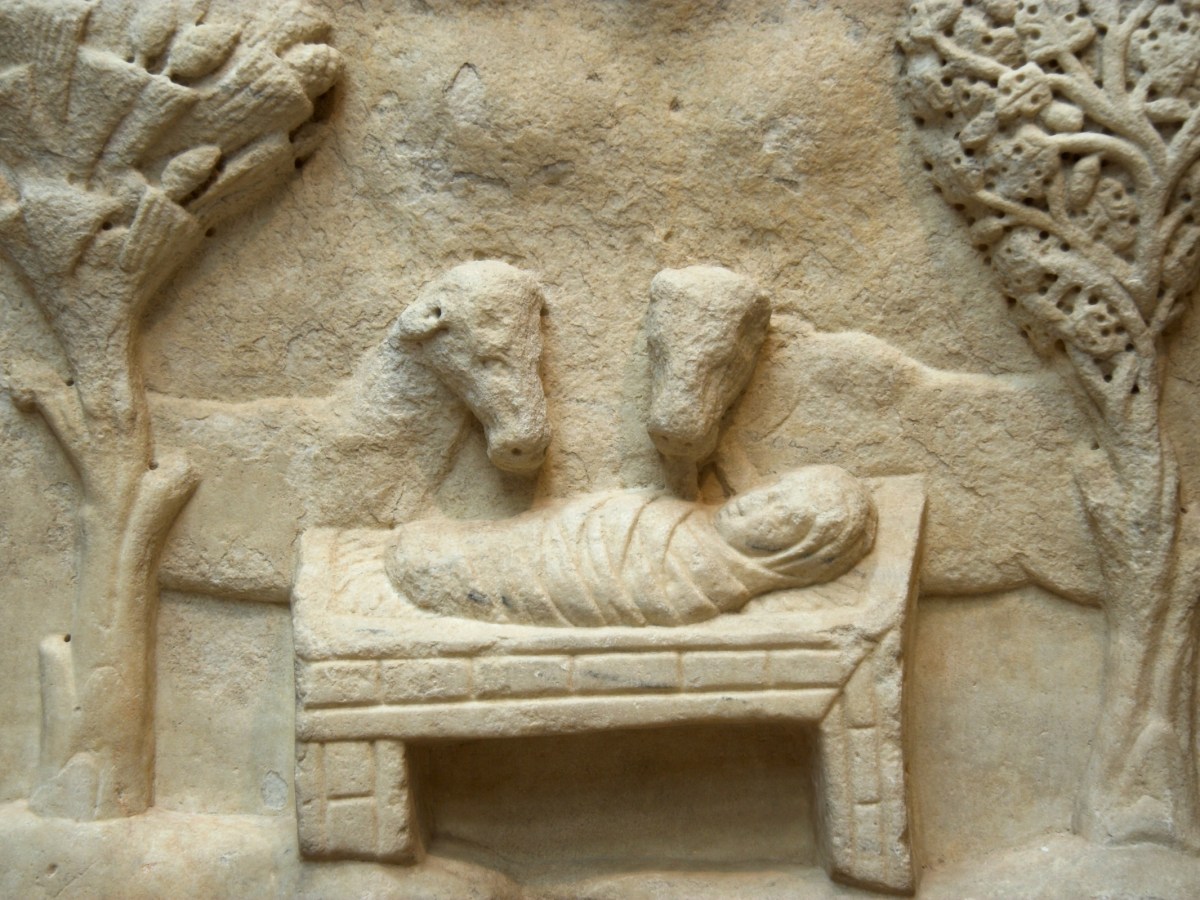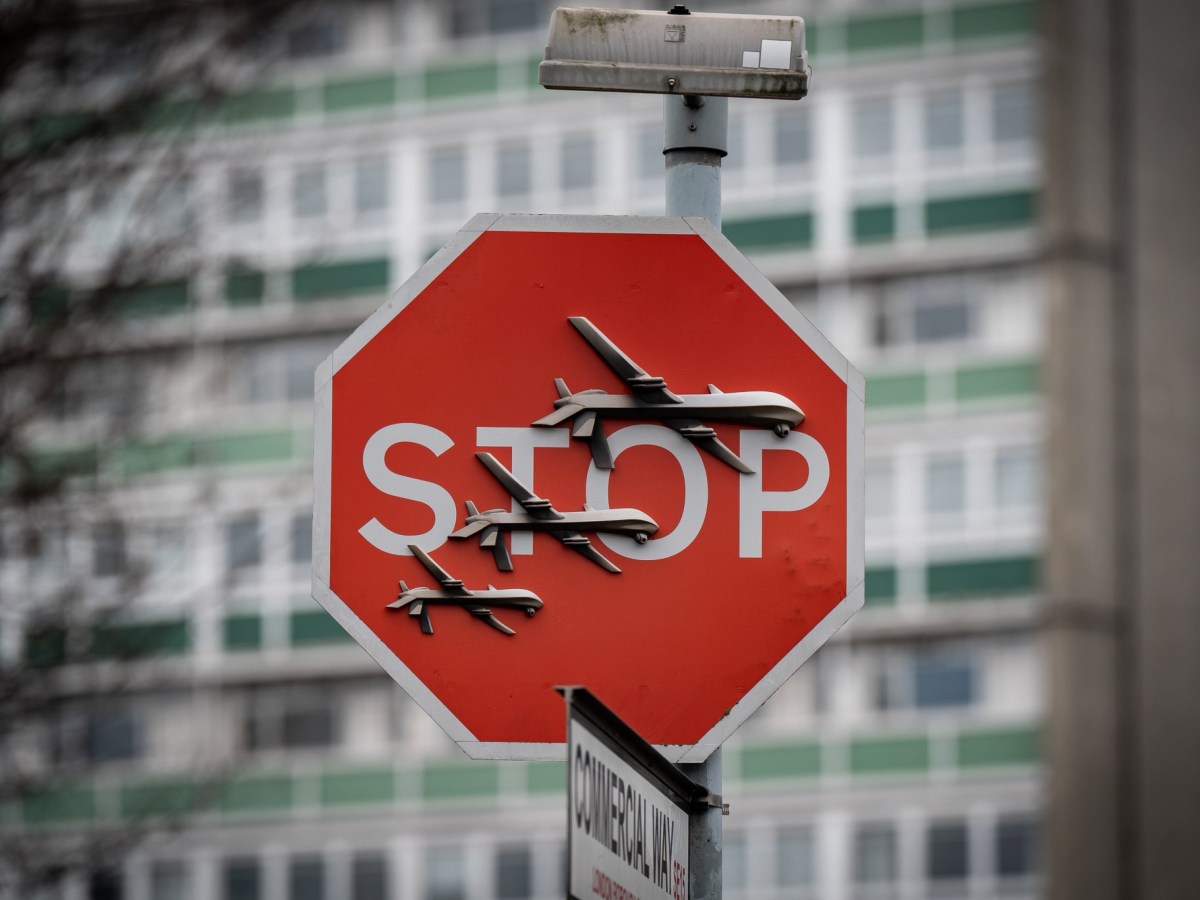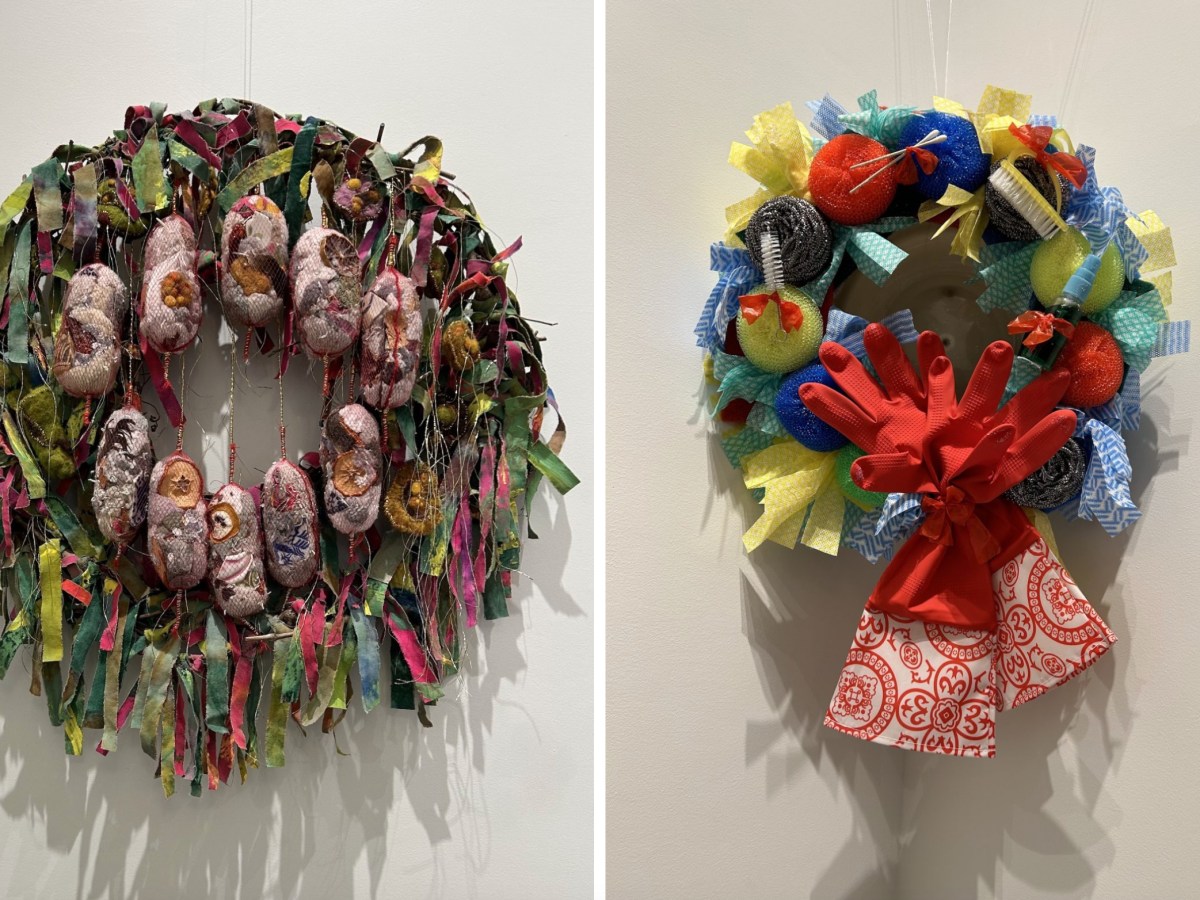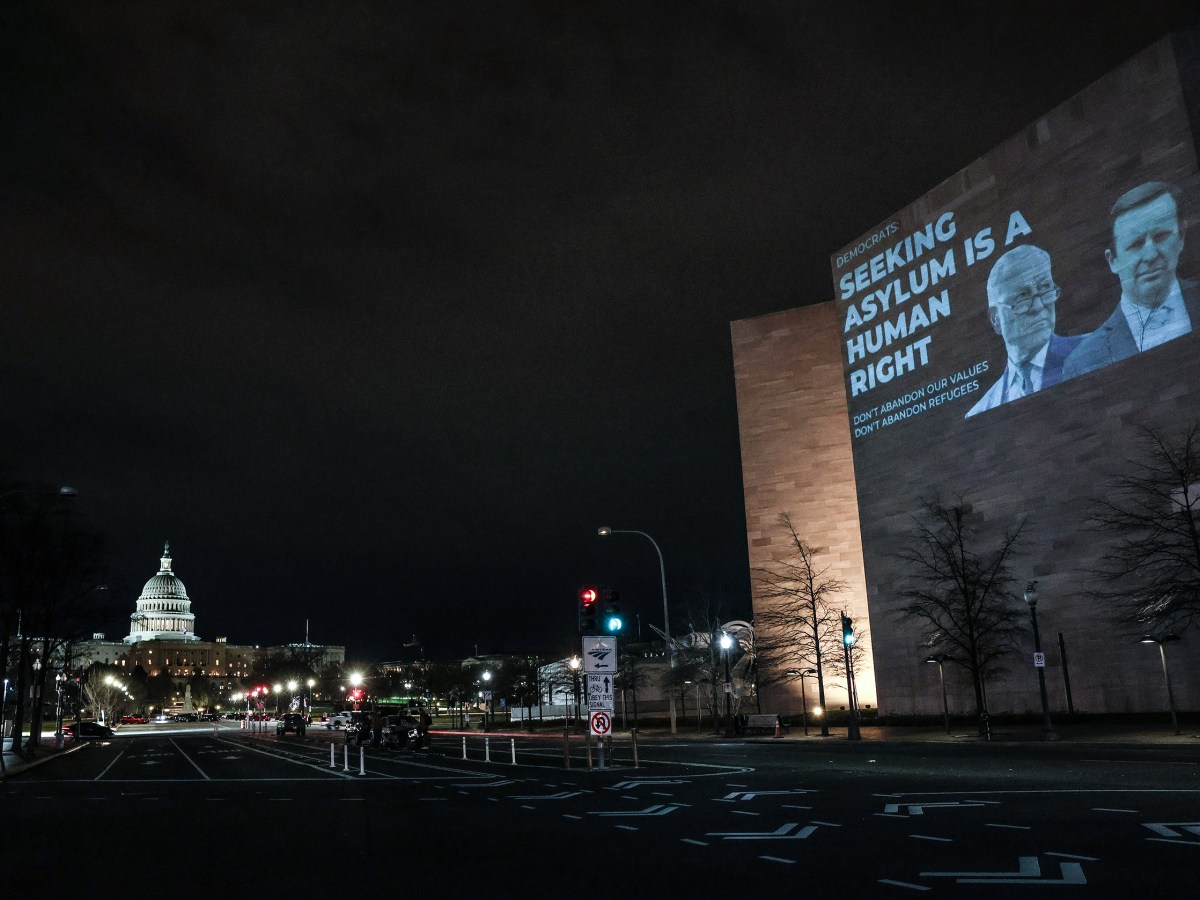The British Museum has finally put an end to the rumors about severing ties with its long-term sponsor British Petroleum (BP). In a statement today, December 19, the institution said the oil giant will provide £50 million (~$63 million) in funding over the next decade to help the museum meet its carbon neutrality and facility modernization goals.
Climate emergency activists who have targeted the museum for demonstrations over the years were left aghast at the news, with Culture Unstained stating that the institution is “burying [its] head in the sand,” and museum trustee Muriel Gray has reportedly stepped down from the board in protest, though the reasons for her resignation are not confirmed.
The museum declined to comment beyond what was outlined in its public release. Gray has not yet responded to Hyperallergic‘s inquiry.
In its statement, the British Museum briefly outlined a plan for the restoration and renovation of its Bloomsbury location, including the debut of its Architectural Research Collection site, a “state of the art energy center” to help phase out the institution’s reliance on fossil fuels, and an architectural competition for the redesign of one-third of the museum’s galleries. The museum also notes that it will remain open to the public as these changes unfold.
“We will ramp up the pressure at the museum by staging protests and creative actions to demand an end to this deal,” Bayryam Bayryamali, a member of the volunteer grassroots anti-oil theater group BP or Not BP?, told Hyperallergic. “The museum can’t be allowed to shut down those rightly calling for the fossil-free future we so urgently need.”
Citing Israel’s recent license approval for BP and other oil firms to explore off-shore gas reserves amidst the military attack on Gaza, Bayryamali added: “The British Museum is not only breaking its own climate commitments but deepening its relationship with a company which is profiteering from the genocide of Palestinian people, as well as climate breakdown.”
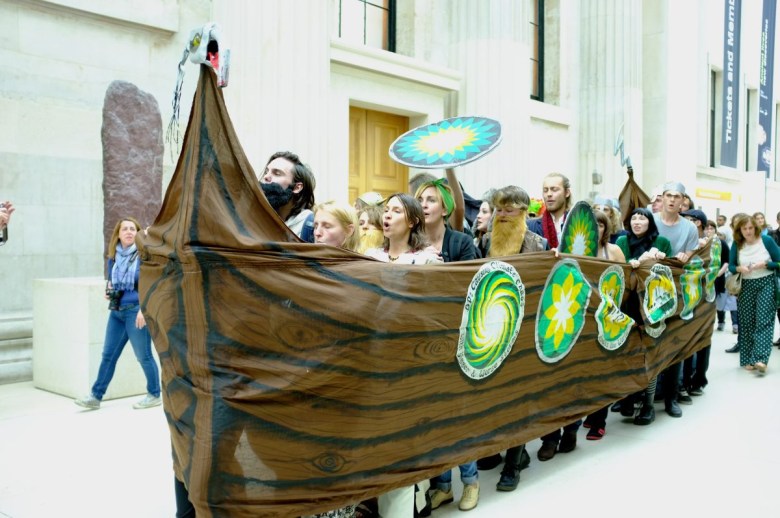
BP has sponsored the British Museum since 1996 and was once a prominent sponsor for a variety of institutions and venues across the United Kingdom’s arts and culture sector. A majority have since ended their financial partnerships with the company in the last decade, including the Tate, the National Portrait Gallery, the Scottish Ballet, the National Galleries Scotland, the Royal Opera House, and the Royal Shakespeare Company.
Climate activists have been puzzled by the museum’s stated environmental goals in relation to its continued acceptance of Big Oil funding. At the British Museum’s annual trustees dinner in November 2022, museum chair George Osbourne announced that the institution will “no longer [be] a destination for climate protest but instead an example of climate solution,” ushering in the £1 billion (~$1.2 billion) “Rosetta Project” that would help the institution set course for “net zero carbon” operations.
But throughout the last year, the British Museum had repeatedly dodged questions about its future with BP, continuously stating that “museums today have a mixed funding model and we need corporate and private money to fulfill our public mission.”
Chris Garrard, co-director of the climate activism group Culture Unstained that has conducted multiple demonstrations at the museum calling for its divestment from BP, called the partnership renewal an “astonishingly out of touch and completely indefensible decision.”
“We believe this decision is illegitimate and in breach of the museum’s own climate commitments and sector-wide codes and will be seeking legal advice in order to mount a formal challenge to it,” Garrard said in a statement, noting that the institution is becoming “increasingly isolated” in its continued allegiance to the oil company.
Culture Unstained also underscored that in February, BP reneged on its own goals to cut down emissions from its fossil fuel production by over 35% by 2030, instead announcing that it would aim for a reduction of 20% to 30% following record-breaking profits in the 2022 fiscal year. The activism group has also been vocally critical of BP’s close ties to the repressive Egyptian President Abdel Fattah El-Sisi, whose autocratic government has detained over 60,000 political prisoners, in the interest of exploring and siphoning from the nation’s oil reserves.
BP has not yet responded to Hyperallergic‘s request for comment.

